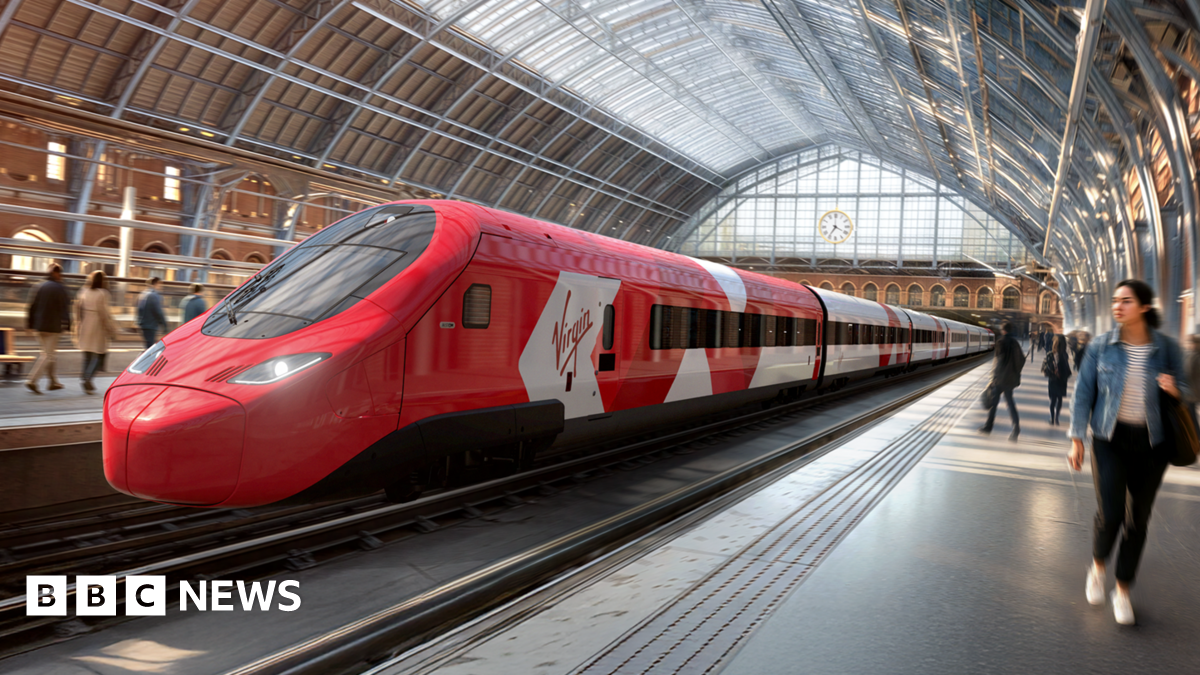The ORR had said the Temple Mills depot had enough space to either house an expanded Eurostar fleet or accommodate a rival company’s trains – but not both.
The regulator said a number of steps needed to be taken before new international services could run. Virgin needs to enter into a commercial agreement with Eurostar, will have to secure finance, access to track and stations, and have to get safety approvals from UK and EU authorities.
But the ORR said its decision unlocked plans for around £700m of investment and could create 400 new jobs, describing it as “a win for passengers, customer choice, and economic growth”.
Martin Jones, deputy director of Access and International at the ORR, said: “While there is still some way to go before the first new services can run, we stand ready to work with Virgin Trains as their plans develop.”
Sir Richard Branson, founder of the Virgin Group, said: “The ORR’s decision is the right one for consumers – it’s time to end this 30-year monopoly and bring some Virgin magic to the cross-Channel route.”
Several firms had wanted to start operating services between London and mainland Europe, including Spanish start-up Evolyn, Richard Branson’s Virgin and a partnership between Gemini Trains and Uber.
The ORR only approved Virgin’s application on Thursday and rejected applications from Evolyn, Gemini and Trenitalia.
Virgin said it planned to launch rail services from London St Pancras to Europe from 2030.
This will include services to Paris Gare du Nord, Brussels-Midi and Amsterdam Centraal, with future plans to expand further across France, and into Germany and Switzerland.

